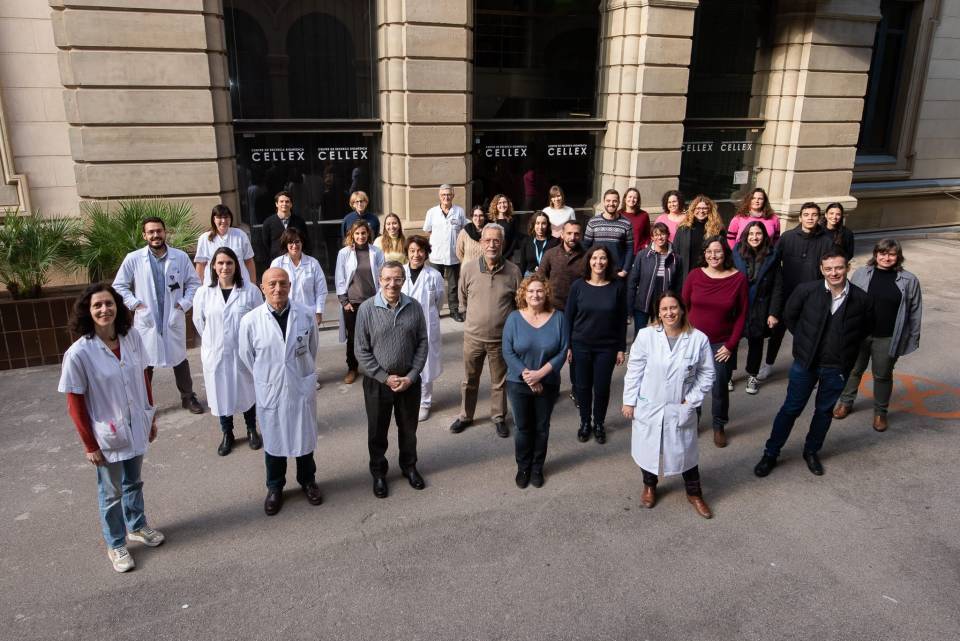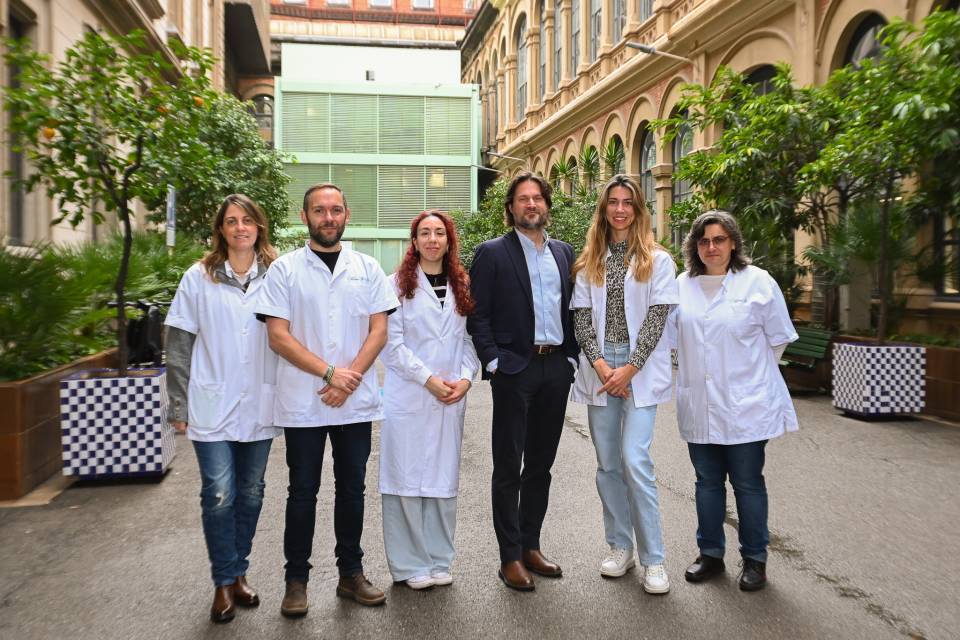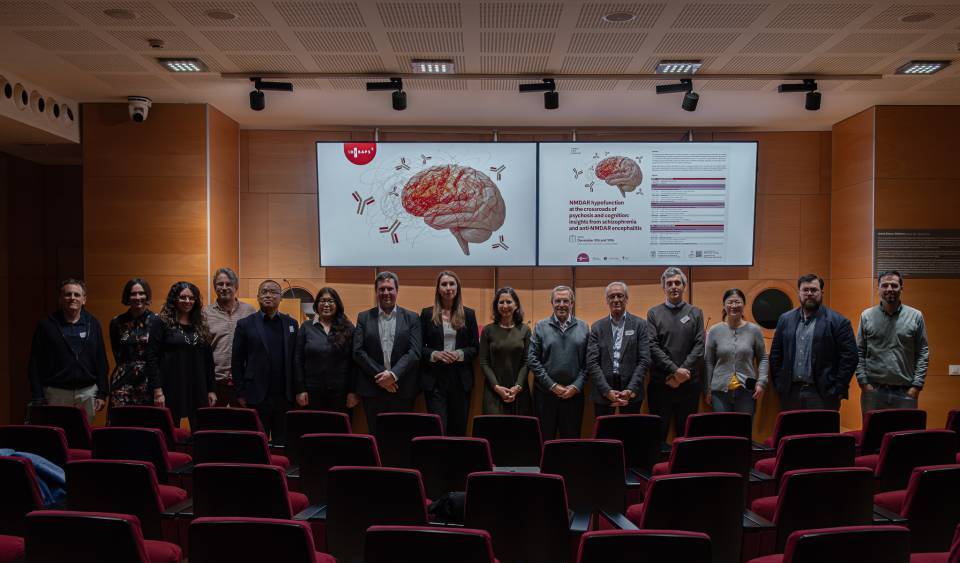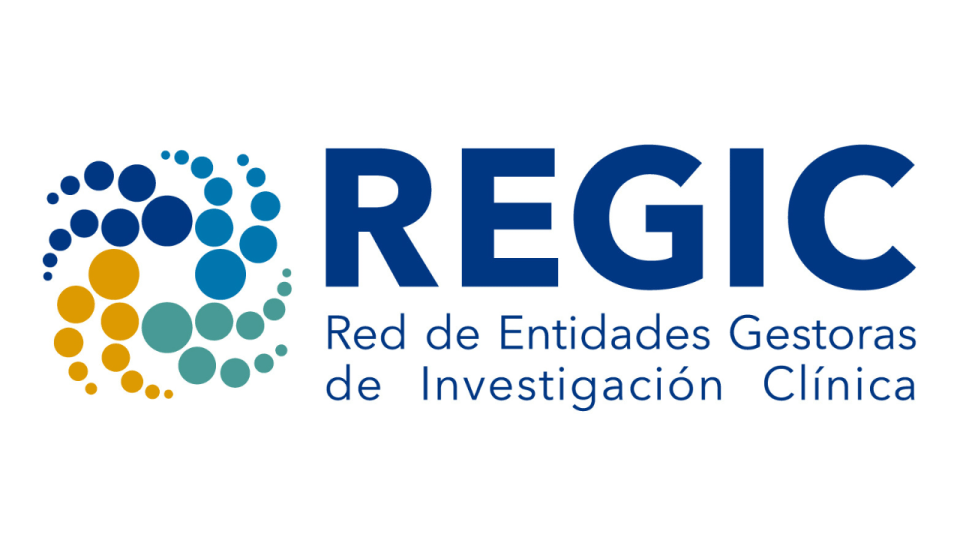Anti-LGI1 encephalitis, anti-NMDAR encephalitis, and MOG antibody-associated disease (MOGAD) are three rare autoimmune encephalitis, with no therapies available. The Neutroimmunology-Multiple Sclerosis Unit of Hospital Clínic, directed by Albert Saiz, has initiated three clinical trials focused on these diseases and seeks to establish collaborations with other hospitals within the territory in order to identify patients who could benefit from these trials.
In order to review the main characteristics of these three diseases and present the clinical trials, the researchers have organized a meeting to be held on Wednesday, June 22, from 4 to 5:30 p.m. at the Esteve Auditorium of the Esther Koplowitz Center.
The event can also be followed on Zoom and will have the following program:
- Anti-LGI1 encephalitis, clinical-immunological characteristics, and description of the trial: "A randomized, double-blind, placebo-controlled, multicenter, phase 2 to evaluate the efficacy, health, and drug efficacy of rozanolixizumab in adult participants -rich glioma inactivated 1 autoimmune encephalitis" By Dr. Eugenia Martinez, Neuroimmuno-EM Unit, Hospital Clinic.
- MOG antibody-associated disease (MOGAD), clinical-immunological profile, and description of the trial: "A randomized, double-blind, placebo-controlled, multicenter, phase 3, pivotal study with an open label and safety of rozanolixizumab in adult participants with myelin oligodendrocyte glycoprotein (MOG) antibody-associated disease (MOG-AD)". By Dr. María Sepúlveda, Neuroimmuno-EM Unit, Hospital Clinic.
- Anti-NMDAR encephalitis, clinical-immunological characteristics, and description of the trial: "Phase-2b, double-blind, randomized controlled trial to evaluate the activity and satisfaction of inebilizumab in anti-NMDA receptor encephalitis and ases markers of disease". By Dr. Mar Guasp, Neuroimmuno-EM Unit, Hospital Clinic.




